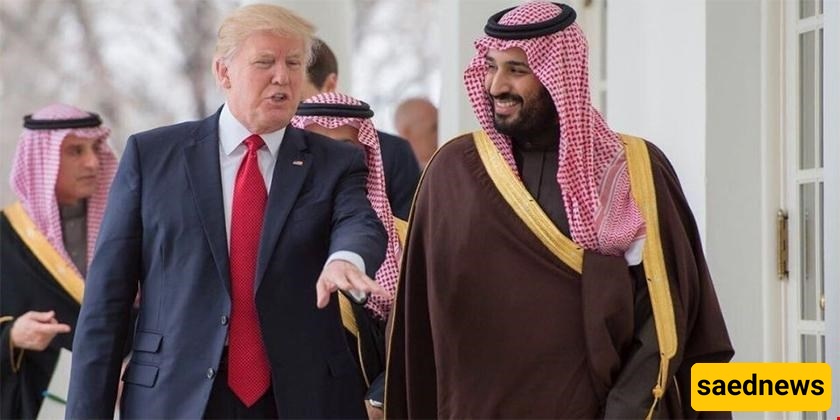SAEDNEWS: In a sign of growing unease over spiraling regional conflict, the United States has turned to Arab intermediaries to deliver a calibrated message to Iran: Israel may halt its strikes — but only if Tehran shows restraint.

According to Saed News, the United States has begun quietly enlisting the diplomatic channels of its Arab partners in a delicate bid to contain the escalating confrontation between Iran and Israel. The Wall Street Journal reported on Monday that U.S. officials have asked several Arab governments to communicate to Tehran that Israel is prepared to end its current round of strikes — contingent upon an immediate halt to Iranian retaliatory action.
The message, described by sources close to Israeli decision-makers, suggests that Israel intends to complete its planned military operations against Iranian targets “within days,” but maintains that further action will follow if Tehran persists with its counterstrikes.
This overture, routed through Arab capitals rather than public diplomacy, reveals Washington’s mounting concern over the trajectory of events. What began as a unilateral Israeli operation has now spiraled into a multi-theatre confrontation, drawing in the United States directly following its controversial strike on Iranian nuclear facilities. The assumption in Washington — and perhaps in Tel Aviv — was that Tehran would absorb the blow and return to talks. That assumption has proven faulty.
According to Russia’s RIA Novosti news agency, Iran has flatly rejected the idea of returning to negotiations under pressure. Iranian officials argue that the U.S. strike has fundamentally altered the rules of engagement, making a forceful response a matter not only of strategy but of sovereignty and deterrence.
For the United States, the reliance on Arab intermediaries is both a tactical necessity and a strategic gamble. Direct communication with Tehran remains largely frozen, and Washington’s credibility as a neutral broker is severely diminished by its overt support for Israel’s military campaign. Arab states — many of them walking a tightrope between security partnerships with the U.S. and economic pragmatism with Iran — are now being asked to perform a role for which they may have limited appetite and even less leverage.
The message itself reflects a calibrated Israeli position: a readiness to de-escalate, paired with an implicit threat of continued operations. Whether this balance will resonate in Tehran is uncertain. Iranian leadership has so far been unwavering in its insistence on a proportional response to American and Israeli aggression.

